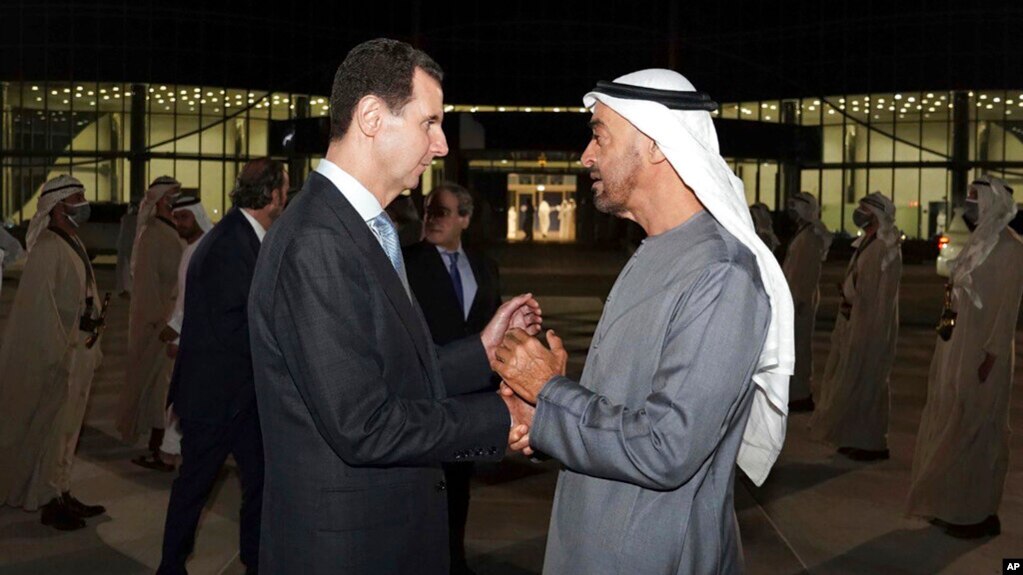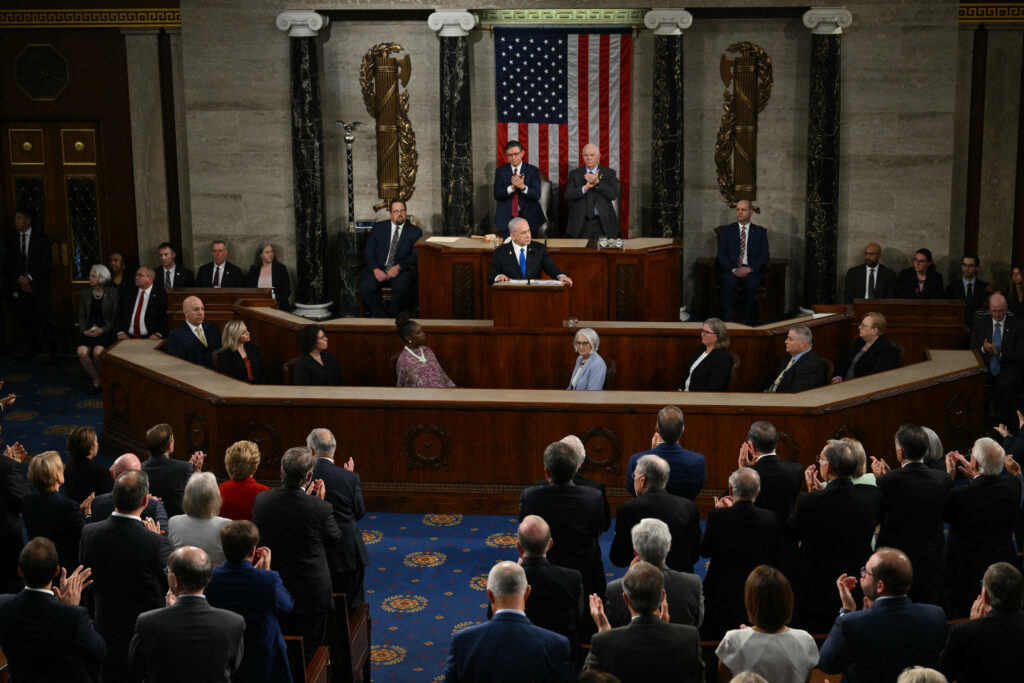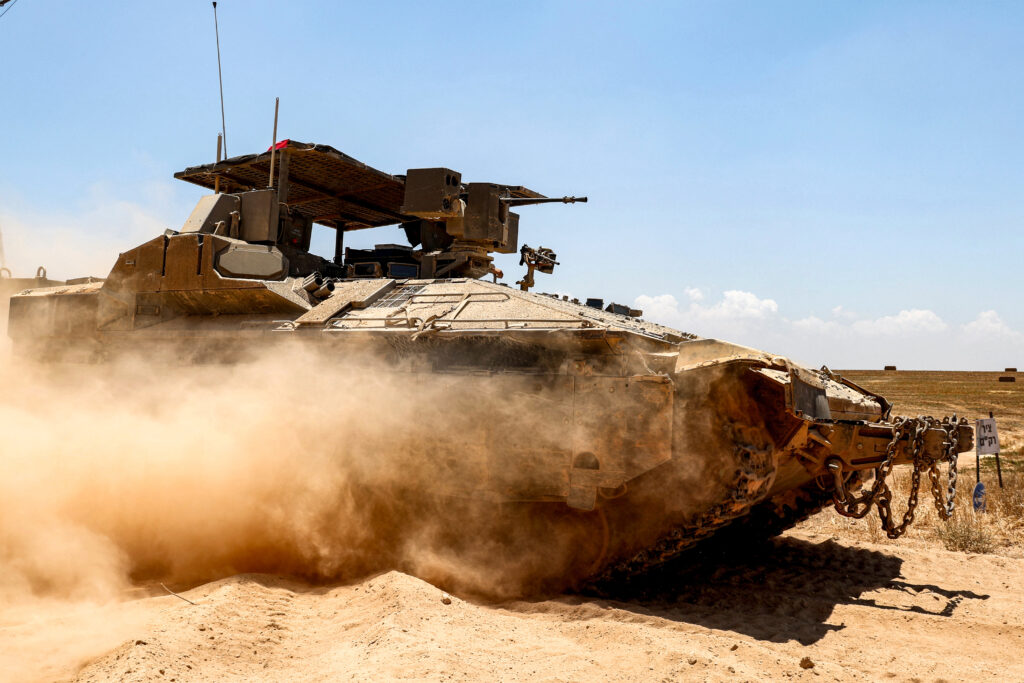Dr Gyorgy Busztin is Visiting Research Professor at the Middle East Institute, NUS.
A career diplomat and an academic, he served, between 2001 and 2011, as Hungary’s ambassador to Indonesia and subsequently, Iran. In 2011, Dr Busztin was appointed deputy envoy of the United Nations in Iraq, responsible for the political, analytical, electoral and constitutional support components of the UN’s mission in Iraq. He served at the level of assistant secretary-general until October 2017.
Dr Busztin holds a degree in Arabic history from Damascus University, Syria and a Doctorate in Arabic language and Semitic philology from Lorand Eotvos University in Hungary. In addition to his native Hungarian, he speaks English, French, Arabic, Farsi/Dari (Persian), Malay (Indonesian) and Russian. He believes strongly in political and intercultural dialogue and has engaged leading politicians, intellectuals, religious leaders and representatives of civil society.









